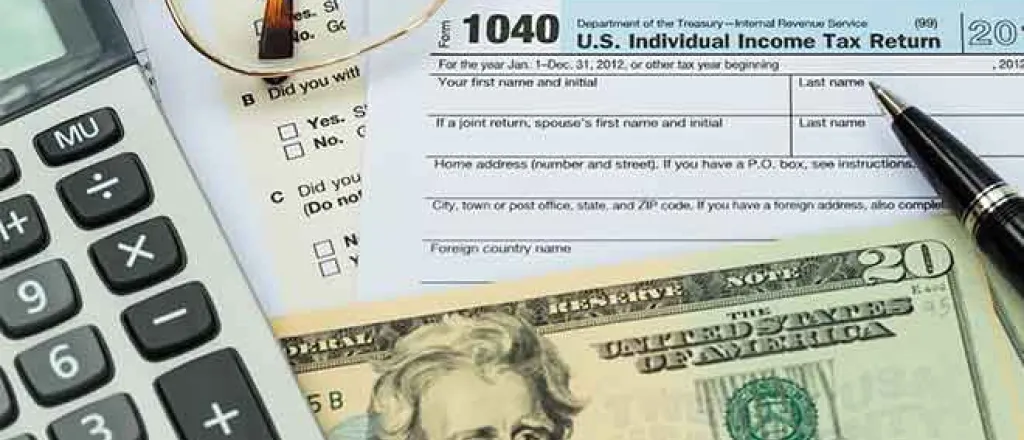
IRS waives penalties for 2019 and 2020 late filers, will issue refunds for those who already paid
(The Center Square) – Penalties for most Americans who filed their tax returns late for 2019 and 2020 will be waived by the Internal Revenue Service, the agency announced.
On top of that, the roughly 1.6 million taxpayers who already paid the IRS for their penalty will be paid back, totaling $1.2 billion in refunds. The penalty relief and refunds are automatic so Americans will not need to apply for them and can simply expect the money to be returned to them.
“To qualify for this relief, any eligible income tax return must be filed on or before September 30, 2022,” the IRS said. “In addition, the IRS is providing penalty relief to banks, employers and other businesses required to file various information returns, such as those in the 1099 series. To qualify for relief, the notice states that eligible 2019 returns must have been filed by August 1, 2020, and eligible 2020 returns must have been filed by August 1, 2021.”
The penalty relief applies to “failure to file” penalties for 1040 and 1120 series forms, among others. The typical failure to file penalty is 5 percent per month as well as up to 25 percent of the tax owed when federal income tax return is filed late.
"Throughout the pandemic, the IRS has worked hard to support the nation and provide relief to people in many different ways," said IRS Commissioner Charles Rettig. "The penalty relief issued today is yet another way the agency is supporting people during this unprecedented time. This penalty relief will be automatic for people or businesses who qualify; there's no need to call."
Meanwhile, the IRS has taken fire for months from lawmakers on both sides of the aisle for millions of backlogged returns.
Nearly 100 Republican and Democrat lawmakers in the House and Senate signed a letter to Rettig earlier this month. The lawmakers argue that the IRS has promised to improve the backlog and staffing situation, but it has only gotten worse.
“Since last year, numerous Members of Congress in the House and Senate have sent several letters regarding customer service issues, processing delays, and the outstanding backlog of returns,” the letter said. “Yet, we are writing again to urge the IRS to extend the suspension of automated collections, continue the pause on automated notices, keep its surge teams in place until hiring challenges and processing backlogs are adequately addressed.”
A recent National Taxpayer Advocate report backs up many of the lawmakers claims.
“At the end of May, the IRS had a larger backlog of paper tax returns than it did a year ago, and its pace of processing paper tax returns was slowing,” the report said. “That the backlog continues to grow is deeply concerning, primarily because millions of taxpayers have been waiting six months or more to receive their refunds. The IRS’s paper processing delays were evident more than a year ago, and the IRS could have addressed them more aggressively at that time. Had the IRS taken steps a year ago to reassign current employees to processing functions, it could have reduced the inventory backlog carried into this filing season and accelerated the payment of refunds to millions of taxpayers.”
The IRS cited those backlogs as one of the reasons for waiving penalties.
“Besides providing relief to both individuals and businesses impacted by the pandemic, this step is designed to allow the IRS to focus its resources on processing backlogged tax returns and taxpayer correspondence to help return to normal operations for the 2023 filing season,” the agency said.















